[Joel의 Global Dining Market] 아시아 신흥 시장이 과연 레스토랑 창업을 위한 만병통치약일까?
2019.03.05 09:20:24

한국의 기업들은 오랜 기간 동안 중국의 성장에 많은 기대를 해왔으며 이제는 미얀마와 캄보디아와 같은 소규모 시장은 물론, 미래에 열릴 기회를 위해 필리핀, 베트남, 인도네시아에도 관심을 가지고 있다.
그러나 대부분 성장하는 시장의 흐름에 힘입어 나또한 성장을 할 수 있을 것이라는 기대를 하지만 현실은 쉽지 않다.
간단히 예를 들면 롯데리아는 2004년, 일찍이 베트남에 진출했지만 아직까지 수익성을 드러냈던 해는 없었다. 특히 롯데의 경우에는 중국과의 사드 분쟁으로 한동안 중국 시장이 좋지 않았을 때 대부분의 매장들을 매각할 정도로 큰 피해를 받았다. 실제로 이런 예들은 신흥시장에서 일어날 수 있는 몇 가지 사례에 지나지 않는다. 그렇다면 신흥 시장에 진입하기 전에 고민해봐야 할 문제들은 무엇일까?
경제 모델
아시아 신흥시장들이 주목받는 이유는 저렴한 노동력과 임대료 때문이다. 그러나 호치민, 하노이, 자카르타, 양곤, 선전과 같은 도시들은 가구 소비 지출에 비해 높은 임대료를 가지고 있다. 매출의 15~20%를 임대료가 차지하는 것이 일반적이다. 노동력의 경우에도 한국에 비해 저렴한 것은 사실이지만 노동 생산력이 낮기 때문에 같은 일을 한다고 가정했을 때 더 많은 인력이 필요하게 된다.
센트럴 키친의 경우 건설비가 많이 들고 중국을 제외하고는 음식 준비를 위한 아웃소싱 시스템이 정립돼 있지 않기 때문에 매장 내 노동자들에게 의지, 인건비 비중이 높아진다. 또한 대부분의 시장에서 실업률이 낮아 주방에서 힘든 일을 하고자 하는 사람들도 거의 없는 상황이며, 파트타이머로 일할 수 있는 자녀들을 가진 부모의 입장에서 아르바이트보다는 공부에 집중하기를 바란다.
또한 소비에 소극적인 도시들이라 메뉴 가격이 높아지고 그러다 매출 원가(COGS)에 타격을 입는다. 따라서 이러한 시장에 진입하기 전에는 모든 요인을 고려해야 한다. 물론 매장 개발은 매장의 규모와 수준에 맞는 경제 모델을 갖겠지만, 현지 파트너가 3년, 또는 그 이전에 비용 조달을 하지 못한다면 레스토랑을 차리는 것은 무리라고 봐야 한다.
파트너 선택
신흥시장은 아직 발달이 덜 돼 있기 때문에 현지에서 현대 레스토랑 서비스의 운영과 프랜차이즈에 대한 이해를 충분히 하고 있는 유능한 운영자가 극히 드물다. 성공한 그룹들은 대체적으로 현지에 대한 시장 이해를 갖추고 있고 프랜차이즈 메커니즘에 크게 의존하지 않는 전략적인 사업가에 의해 성장한다. 한편 레스토랑 운영 경험이 적은 대기업의 경우에는 스타벅스나 KFC와 같은 세계적 유명 브랜드와 파트너십을 맺고 필요한 지원을 받게 된다. 그들은 보다 작지만 강한 해외 브랜드에 대한 관심이 없고, 실제로 그들에게 지불할 비용에 대한 가치를 인식하지 못하고 있다.
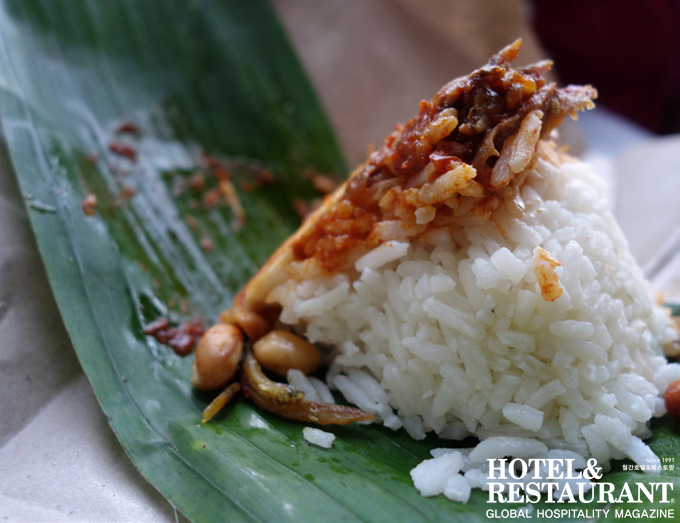
또한 한국 기업들의 경우, 종종 제한된 자본과 현지 시장에 대한 이해가 부족한 한국의(해당 지역에 살고 있는) 사업가들과 손을 잡는 실수를 범한다. 일부 매장에는 도움이 될 수 있겠으나 대규모 매장과 관련해서는 성공사례가 극히 드물다. 즉, 그만큼 지역 파트너를 찾는 일이 어렵고 높은 위험을 감수해야 한다는 뜻이다.
까다로운 지역 미식
한국 음식은 한국만의 독특한 맛을 지니고 있어 현지 적응 없이는 누구나 즐길 수 있는 음식들이 아니다. 따라서 비즈니스를 확장하기 위해서는 이에 대한 이해도 필요하다. 특히 지극히 한국인들의 입맛에 맞는 전통 음식일수록 외국인들을 타깃으로 비즈니스를 확장시키는 것이 어려워진다. 그렇기 때문에 현지에서의 R&D가 필수다. 한국 드라마와 음악에 대한 사랑이 패션과 음식의 영역까지 확대된 것은 사실이지만 아직까지 해당 도시 주민들은 한국 음식에 대한 도전보다 비교적 심적으로 편안한 음식을 선호한다.
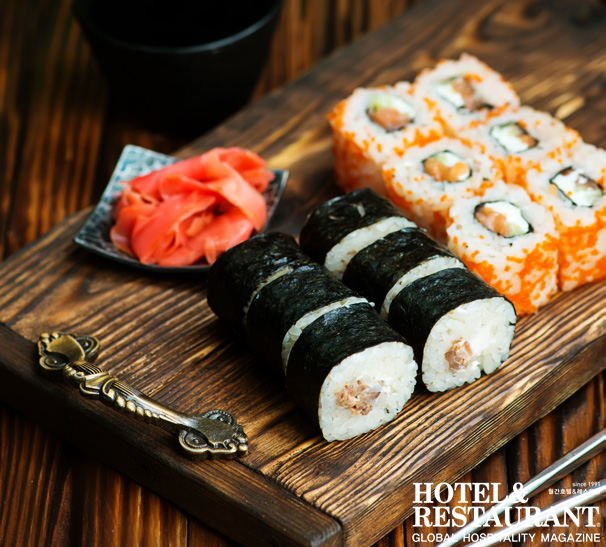
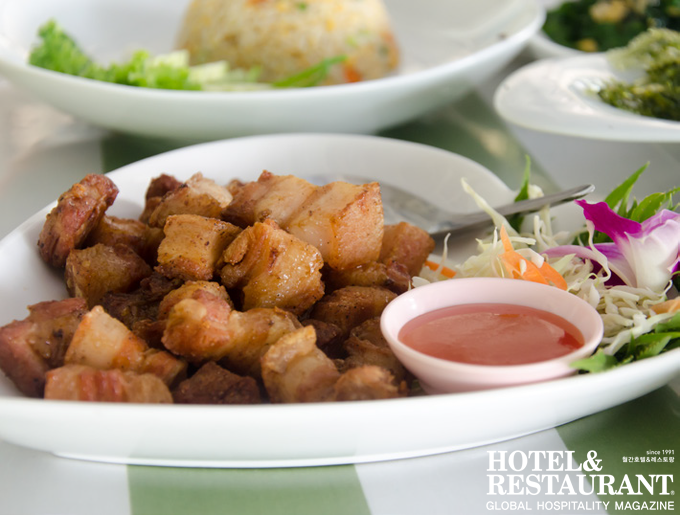
과도한 경쟁
마지막으로 신흥시장이 우리 모두에게 매력적인 곳이기 때문에 이미 경쟁이 매우 치열하다. 벌써부터 많은 현지 레스토랑들이 한국의 그룹들에 의해 운영되고 있다. 발견되지 않은 새로운 시장은 이제 없다고 봐야한다. 치열한 경쟁에서 살아남아야 한다.
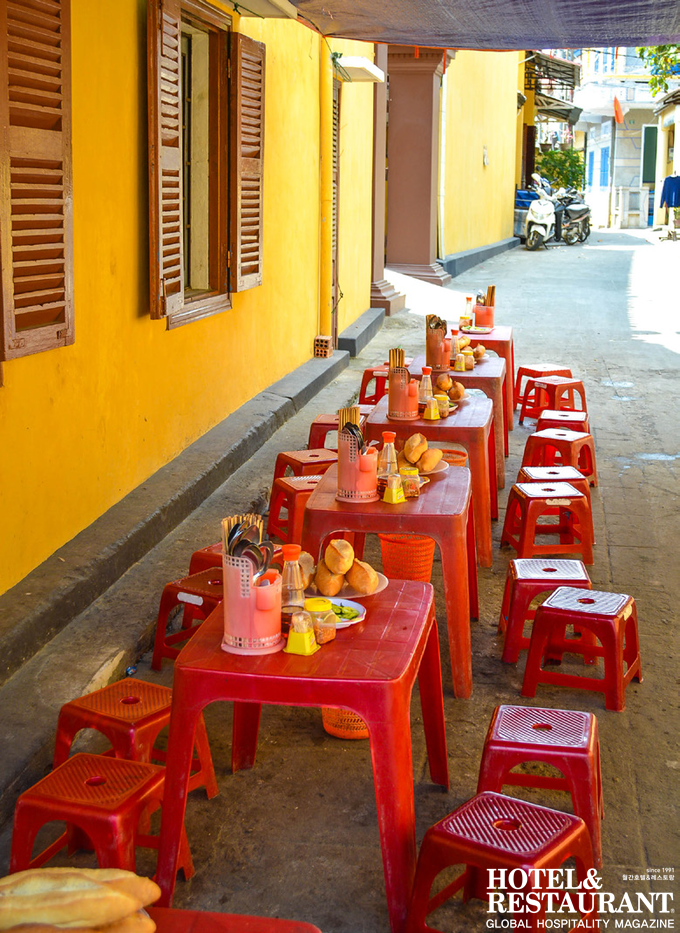
경제적 모델과 적절한 파트너의 부족, 지역의 입맛을 사로잡는 것이며 경쟁의 정도까지 어느 하나 쉬운 일이 없다. 신흥시장으로 진출을 희망한다면 앞에 놓인 상황을 들여다보고, 알맞은 파트너를 구해 콘셉트를 정하는 것에 충분한 시간을 투자해야 한다. 국제 프랜차이즈의 경험이 많은 파트너를 찾아보고 시장의 우선순위를 매겨보자. 외식산업은 부가가치가 높지 않고 빠른 수익성을 기대하기 힘든 사업이다. 그러니 신흥시장에서의 긴 게임을 즐겨보자!
Asian Emerging Markets Are No Panacea For Growth
Korean companies were excited for many years about the growth prospects in Mainland China and now are looking to the Philippines, Vietnam and Indonesia for future opportunities as well as smaller markets like Myanmar & Cambodia. It is easy to contemplate success in high growth markets with riches at the end of the rainbow, but the reality is far different. For example, Lotteria has been operating in Vietnam since 2004 and has yet to announce a profitable year. The parent company suffered severe setbacks in China given the Thaad Missile dispute with China, and are looking now to sell off all its retail stores. Many Korean brands that tried to ride Lotte’s retail coattails in China have also been devastated by the same incident. These are only a few examples of what can happen in volatile emerging markets.
Here are some things to consider carefully before entering these markets.
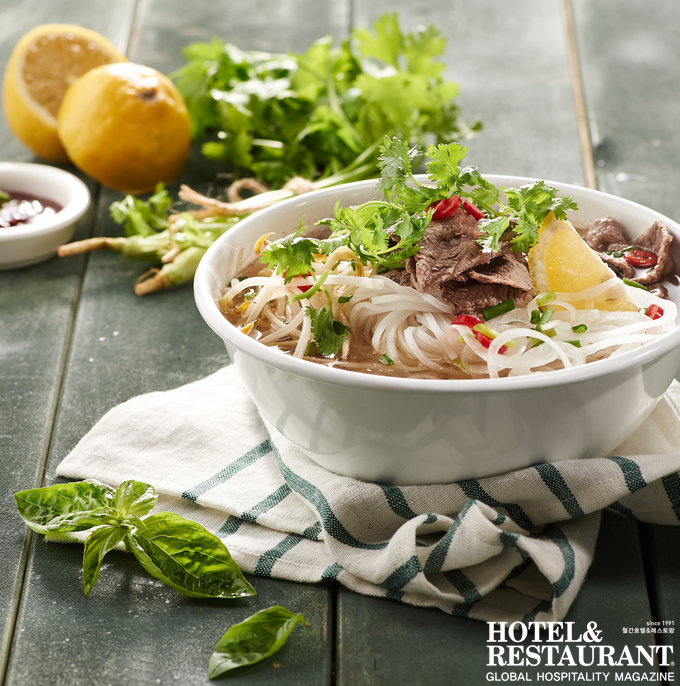
The Economic Model
It is a big myth that these markets are cheap from a labor and rental standpoint. Tier 1 cities like Ho Chi Minh, Hanoi, Jakarta, Yangon, Shenzhen, etc. have very high rental costs relative to the local household consumption expenditure. Leasing costs in excess of 15-20% of sales are quite common. While absolute labor costs are clearly cheaper than Korea, labor productivity is quite low so you need more staff to do the same job.
Central kitchens are costly to build and there are very few outsourcing opportunities for food preparation with the exception of China. The more you prepare your products inside the restaurant the higher the labor cost. These markets for the most part have low unemployment so few people want to do any difficult jobs in the kitchen. Also, parents want their children focused on studying, not working part-time which leads to further challenges.

Moreover, lower consumption expenditure means that your menu pricing must be highly affordable which will put pressure on your cost of goods (COGS).
All of these factors need to be taken into account prior to entering one of these markets. Store development is of course highly dependent on the store level economic model. If the local partner cannot get their cash back within 3 years or earlier, they will not build any more restaurants.
Partner Selection
These markets being less developed, have a very limited number of capable operators that understand modern restaurant management or franchising. The successful groups are generally started by entrepreneurs who know the local market well and do not see the need to franchise an overseas concept. Large conglomerates with limited restaurant operating experience often partner with global powerhouse brands like Starbucks or KFC and get the support they need to be successful. They are not interested in smaller overseas brands and do not see the value in paying a fee for them.
Korean companies often make the mistake of working with a Korean entrepreneur living in the country who has limited capital and limited local knowledge of the market. While this may be fine for opening a few stores, there are very few if any success stories involving large scale store development.
In summary, finding a local partner is tough and poses high risks.
Local Palate
Korean food has a very unique taste and not everyone can enjoy it without local adaptations. This is another challenge that must be overcome to scale the business. The more authentic the cuisine, the harder it will be to scale the business unless you only care about catering to Korean customers. Investments in local R&D efforts will be necessary. While it is true that love of Korean dramas and K-Pop certainly has extended to fashion and food as well, local diners still want to enjoy foreign foods on their own terms within their comfort zones.
Competitive Intensity
Finally, these markets are already very competitive and there are many Korean restaurants already operating both by local entrepreneurs and large Korean groups. There are no undiscovered markets. Expect lots of competition.
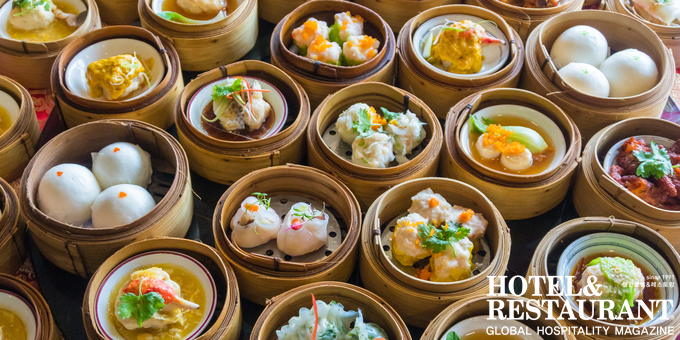
When you consider the economic model, limited number of suitable partners, differences in local palate and the degree of competition, it should be obvious that entering these markets will not be an easy task.
Do your homework upfront and be patient to devote the necessary time to get your partner and concept right. Hire a person with international franchise experience and prioritize your markets. There are no quick profits so play the long game!
Joel Silverstein
이스트웨스트 호스피탤리티 그룹 대표
현재 홍콩에 거주하며 최고 경영진과 포춘 Fortune 500대 기업이 다수 아시아 국가에서 지속 가능한 성장을 할 수 있게 도와주고 있다.
- -2025.04.03(목)~2025.05.07(수) 투어리즘&마이스 데이터로 만드는 스마트한 여행, 관광데이터 활용 공모전 진행
- 2025.03.26(수)~2025.04.15(화) 대회·공모전 한국관광공사,‘관광기업 데이터 마케팅 컨설팅 지원 사업’공모
- - 2025.02.24(월)~2025.03.14(금) 대회·공모전 한국관광공사, ‘관광기업 혁신바우처 지원사업’ 공모
- 2025.01.20(월)~2025.02.14(금) 대회·공모전 지역여행 혜택 제공 서비스 ‘디지털 관광주민증’ 사업 지자체 공모
- 2024.11.05(화)~2024.11.11(월) 대회·공모전 서울특별시관광협회, 제27대 협회장 후보자 등록 실시
- [Joel의 Global Dining Market] 로보틱스, 자동화의 시대가 도래하다 2021-06-15
- [Joel의 Global Dining Market] 가상공간의 외식 브랜드 시장 속에 실재할 수 있을까? 2021-04-05
- [Joel의 Global Dining Market] 뉴노멀에 적응하는 식당가들의 새로운 전략_ 배달음식 전문점 2020-11-12
- [Joel의 Global Dining Market] 해외 진출의 관문? 홍콩 시장의 인기_ 외식업계 위기와 변화 면밀히 살펴봐야 2020-09-20
- [Joel의 Global Dining Market] 코로나19의 여파, 미국 외식 산업의 위기_ 더 좋은 음식과 더 나은 서비스로 고객 공략해야 2020-08-03
- [Joel의 Global Dining Market] 코로나19로 기세 오른 플랫폼 비즈니스_ 레스토랑과 상생하는 모델 모색해야 2020-06-02
- [Joel의 Global Dining Market] 아픈 손가락의 성장 필리핀 2020-04-20
-

힐튼, ‘월도프 아스토리아 오사카’ 오픈으로 일본 럭셔리 호텔 시장의 새 시대 열어
- 2025-04-03
- 서현진 기자
-

대구 메리어트 호텔, 5성급 호텔 재인증
- 2025-04-03
- 서현진 기자
-

[Hotel IT] ㈜티오더스테이, (사)명동상인협의회 - 호텔스카이파크 그룹과 MOU 체결
- 2025-04-03
- 서현진 기자
-

몸과 마음 모두 '리셋'... 반얀트리, 둘만의 웰빙 여행 '커넥션' 프로그램 론칭
- 2025-04-03
- 안수진 기자
-

민텔, 2025 '플레이버 트렌드' 발표… 2025년 핵심 맛 트렌드는?
- 2025-04-03
- 안수진 기자
-

데이터로 만드는 스마트한 여행, 관광데이터 활용 공모전 진행
- 2025-04-03
- 서현진 기자





























